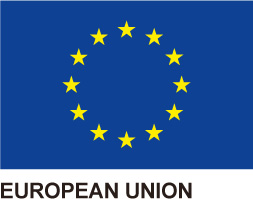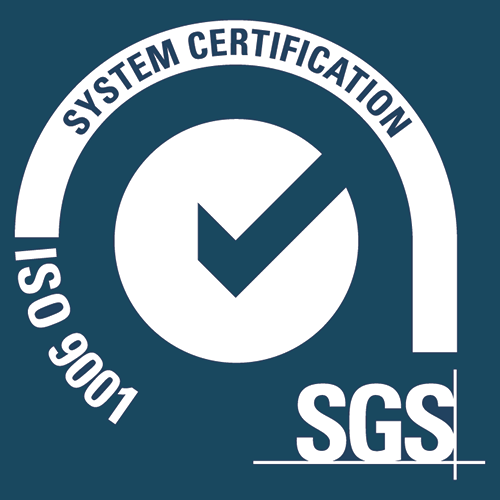The economics of our technological innovation projects The "momentary" interruption of our activities or a "new normal", as we have baptized it, leads us to think without stereotypes about how to face the various scenarios in which we operate; For us, the most important is focused on the new way of carrying out our activities with a convergent approach that is business-oriented and that guarantees the increase in value of each of the requirements that we receive from our clients. In this new environment, we have adapted our work habits and we adapt to increasingly rapid changes, in this sense, the same has to happen with the way in which we carry out our technological projects.
The 2020 Pulse of the Profession report, produced by PMI®, emphasizes the importance of forging a culture focused on the future and focused on change as an essential business asset that is produced in companies when they carry out their projects. As discussed in the report, "in many ways, the organization is defined by its projects, led under various titles, executed through a variety of approaches, and unwaveringly focused on delivering financial and social value," I feel this definition. which welcomes us to the concept of project economics. Quite a challenge where the technology team is expected to function as an incubator for innovation, managing the conjunctural changes necessary for the business and promoting its implementation with agility.
The skills in greatest demand for companies are those that are intrinsically related to aspects of talent development as support for the implementation of successful projects. Along these lines, of the leaders consulted, 68% refer to technical skills, 65% to leadership skills, 58% to business skills and 50% to computer skills.
Organizations that manage their projects from the maturity of their capabilities outperigh those that do not in a series of metrics that consolidate the ROI of their activities: 77% Met the objectives/intention, 56% did not. 67% achieved their objectives with the budget initially allocated, 46% did not. 63% completed their projects in the agreed time, 39% did not. 30% did not face uncontrolled changes (or scope corruption), 47% did. 11% had no flaws in their projects, 21% did.
In the quest for advantage, senior executives increasingly recognize the need for highly qualified project leaders. 69% of professionals who develop projects state that their leaders highly value project management, and that 46% of organizations prioritize the development of a culture that values ??project management.
At Ad Maiorem, we are at the forefront of the global technology industry, embracing three core principles: 1. Capability is agility; 2. Technology rules, but people influence; and 3. This is a world dominated by project leaders. We make the most of changes, and we focus on the future of the economy of our projects with the sole purpose of generating increasing added value for our team, clients and society in which we develop.
Ad Maiorem Consulting
Your gate to the future!
Buscar
Categorías
Categories
Archivos
Archives
The information contained in this document is informative in nature about the activities of the company. It contains general aspects and does not express any desire to provide specific third party data. We cannot guarantee that the data provided will be up to date in the near future. In this sense, if there is a willingness to use them, it is recommended to take the content as a reference and carry out its timely verification. For these purposes, we are at your disposal.
Share this article with your contacts!
© Copyright 2023 – Ad Maiorem Consulting. All rights reserved. Ad Maiorem Consulting is a brand that refers to one or more member companies at a global level, each of which is a legal and independent entity in the country in which it is located, without constituting an international company. Ad Maiorem Consulting offers consulting services in technology, engineering and innovation to its clients.
European Regional Development Fund
A way to make Europe






